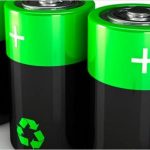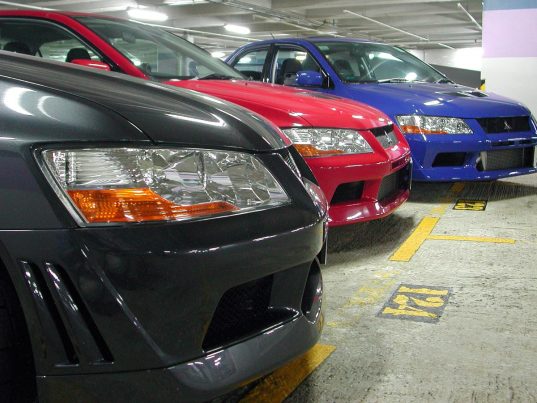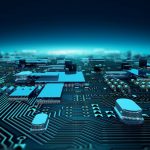
Self-driving cars could suffer major problems due to the sun, warn experts
Thursday, May 17, 2018 by David Williams
http://www.futuresciencenews.com/2018-05-17-self-driving-cars-could-suffer-major-problems-due-to-the-sun-warn-experts.html

Picture yourself going on a typical Sunday drive – but not in a regular gas-powered car. Instead, imagine driving an all-electric self-driving vehicle that uses all sorts of instruments and digital equipment to get going. Usually, these kinds of cars rely on sophisticated electronics that have been put together to gather data on the environment and act accordingly – that is, drive safely. What happens when external forces act on these sensors and end up bringing them down?
There may not be an Artificial Intelligence (AI) advanced enough to take care of things if things like solar storms get the best of self-driving cars. And they do, according to space meteorologists, who are now warning that the engineers who are building autonomous vehicles shouldn’t rely too much on GPS technology.
Self-driving vehicles are already under a lot of pressure to perform, and they haven’t managed to master many difficult tasks such as driving without issues through the snow. Now it seems that there’s something else that autonomous car makers have to deal with, which are solar storms that occur occasionally and can affect electronics.
How does solar weather affect electronics?
What exactly is a solar storm? The National Aeronautics and Space Administration (NASA) says that they occur due to solar flares, which are giant explosions on the sun itself that send energy, light, and high speed particles all throughout space. These materials end up making their way to Earth and have the potential to cause massive damage to Earth-based electronics.
According to Scott McIntosh, the director of the high-altitude observatory at Colorado’s National Center for Atmospheric Research, self-driving cars should not be too reliant on GPS technology as far as configuring standard models are concerned. The main reason for this, he said, is that it could result in practically millions of vehicles – with working computers in them – to stop running until their onboard electronics begin working again. (Related: Self-driving cars could easily turn into self-crashing cars that deliberately target and kill humans, expert warns.)
In McIntosh’s mind, the resulting problems could end up disrupting the whole industry if they are not careful. “There is a lot riding on this, from an actuarial point of view,” he said. “All it is going to take is a couple of accidents.”
As an example, there was an incident involving a deep space satellite that was parked by the U.S. three years ago. It was placed around a million miles high, and it had been tasked with going on an “indefinite staring contest” with the sun. Once solar storms occurred, the U.S. Space Weather Prediction Center acted by gathering data and sending out warnings to those who might be affected. This gave them a chance to re-route airplane flights bound for the poles, when sudden coronal mass ejections happened, threatening to wreak havoc on all the electronics on the planes.
On the bright side, it is said that the engineers who are making autonomous vehicles today are already aware of some steps that they can take to avoid these kinds of problems with the sun. One type of navigation system that’s standard today uses a bunch of sensors, including laser pulses that are referred to as lidar, which allow cars to “see” their immediate surroundings and even let them “speak” with computer systems. Meanwhile, AI also plays a part by utilizing high-definition maps that are regularly updated.
In short, it seems that solar storms are yet another kind of problem that, while potentially destructive, could be avoided by using other technologies. Hopefully, it’s the kind of problem that can be safely ruled out in the future, for the sake of you and your future car’s safety – in case you plan on going for an autonomous model eventually.
Read more about alternative technologies used to avoid major problems in Inventions.news.
Sources include:
Tagged Under: Tags: AI, autonomous cars, autonomous vehicles, cars, computing, driverless cars, driverless vehicles, driving, energy issue, future tech, inventions, power problem, robots, self-driving cars, self-driving vehicles, solar flares, solar storms, sun, weather, weather prediction





